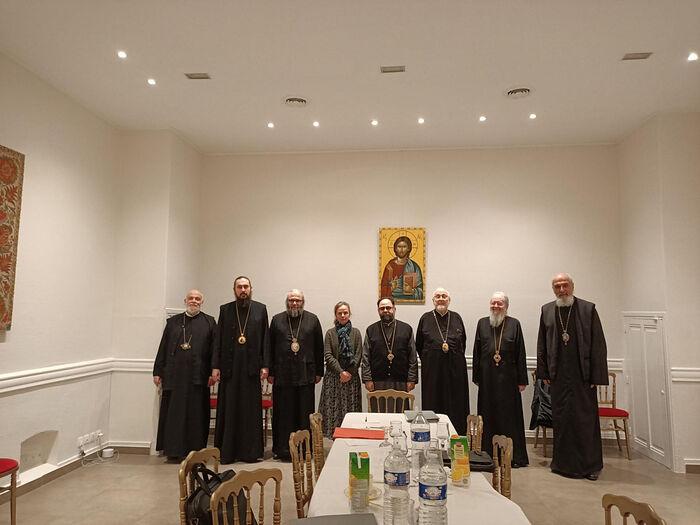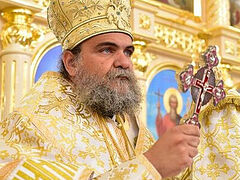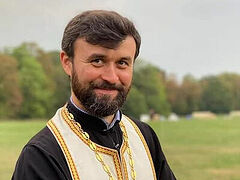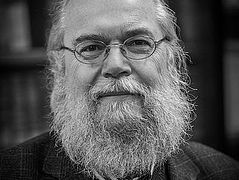Paris, January 17, 2023
Only the Lord is the Master of life and death, and the possibility of legalized euthanasia represents a challenge to theological truths and the normal convictions of many people, say the Orthodox bishops of France.
The Assembly of Orthodox Bishops of France (AEOF) met in Paris on January 12, under the chairmanship of Metropolitan Dimitrios of France (Constantinople), to address the national debate opened in France about the legalization of euthanasia or suicide.
Such a move would represent not an evolution of the legal or moral paradigm, but rather a “rupture,” the AEOF hierarchs write in the statement published on their site.
This radical change would move us from “end-of-life support” to a system that would “end life,” they critique.
But, “Like it or not, ethics has a metaphysical scope,” and thus the hierarchs take the opportunity to remind of several fundamental theological truths:
-
Dying is part of the human condition marked by the fall of Adam, but the human condition must always be considered in the light of the Resurrection of Christ. The final goal of all life is eternal communion with God.
-
Life is an eternal gift from God, thus death remains the last enemy. But death was defeated once and for all by Christ and is now a “passage” into an eternal life of joyful communion.
-
God is the author of life and thus neither life nor death belong to us. Thus, it’s clear that we shouldn’t strive to artificially prolong life nor shorten it to “avoid any contact with the anxiety caused by death.”
-
The questions of today are posed as purely medical or biological, but affect the whole of the condition of man. “Christian anthropology never tires of repeating that the suffering human person remains a human person who transcends measurable data, because he is ‘in the image and likeness’ of the triune God, a mystery that science will never be able to circumscribe in its entirety.”
-
This participation in Divine life, established by Christ and the Church, prevents us from seeing man as a moral or physical product and thus debasing him.
-
-
The suffering of those in terminal phases “purifies the abstract and normative ethics of all the theoretical and legal elements which reduce it to a simple morality, to make it essentially an act of love and a spiritual experience.”
-
Ecclesial communities should pay particular attention to the sick and suffering and look for ways to strengthen care practices. They could set up and strengthen chaplaincies, strengthen the ranks of those who work in palliative care, and help with preparation for death.
Any legislation that would remove the distinction between letting someone die and making him die would “constitute an abyss questioning convictions for many people.”
The AEOF concludes: “While renewing their confidence in the development of scientific intelligence and the ethics that accompany it, as a gift from God, the Orthodox bishops of France recall this fundamental conviction which is theirs: the Lord is the Master of Life.”
Follow OrthoChristian on Twitter, Vkontakte, Telegram, WhatsApp, MeWe, and Gab!




